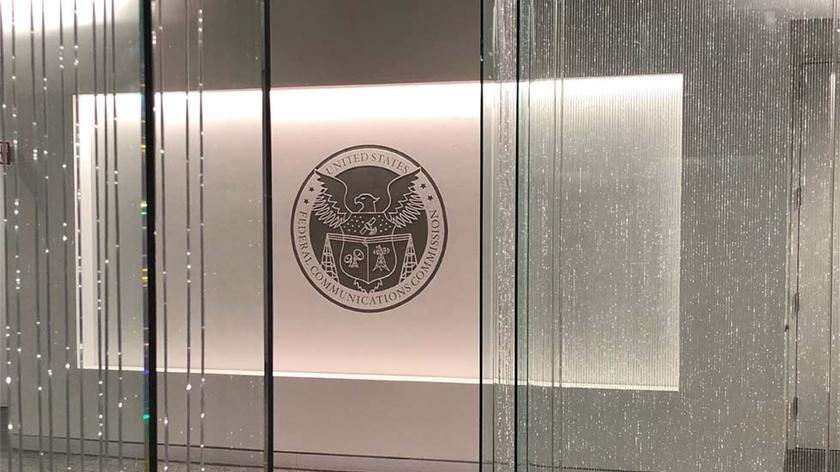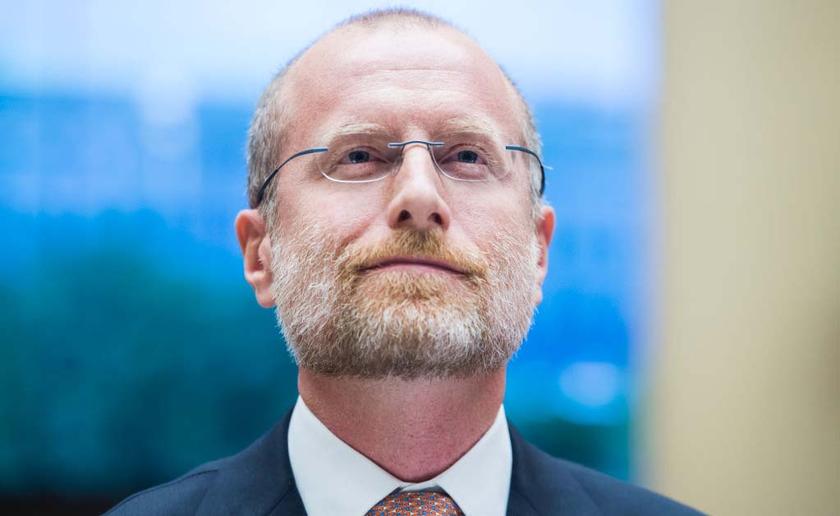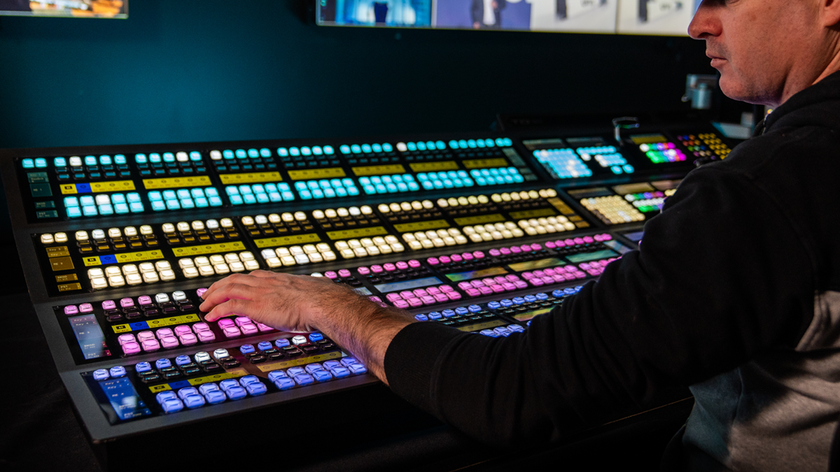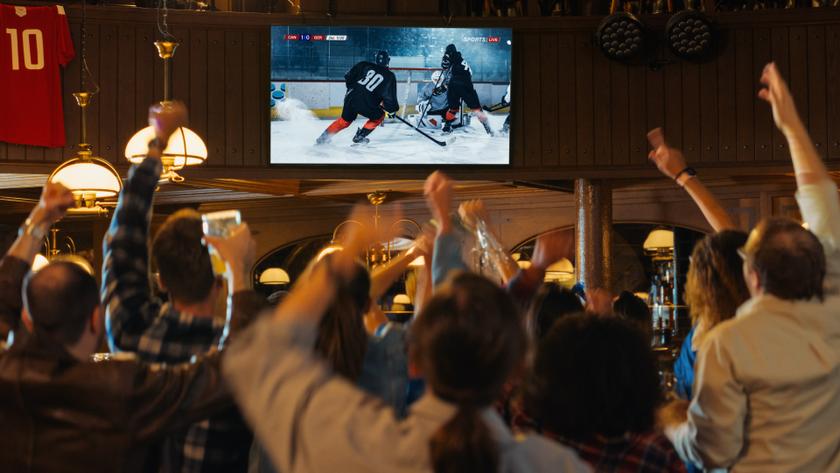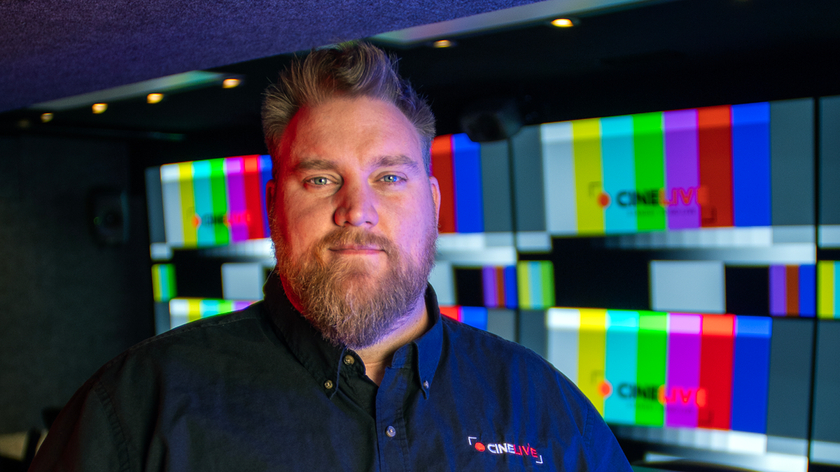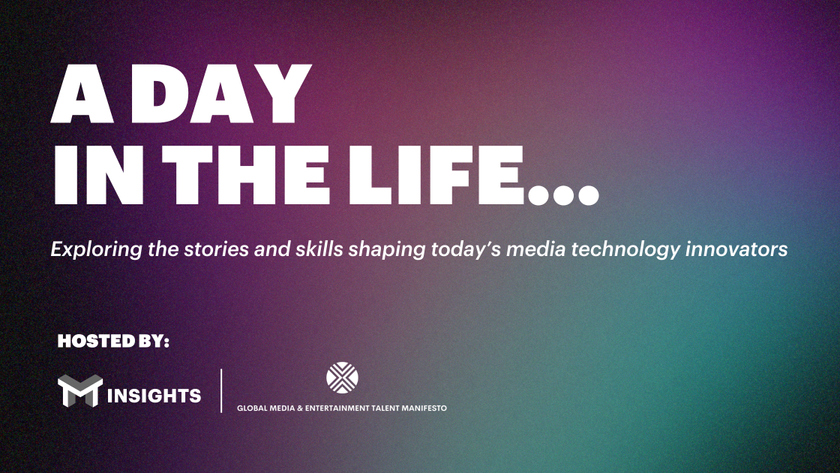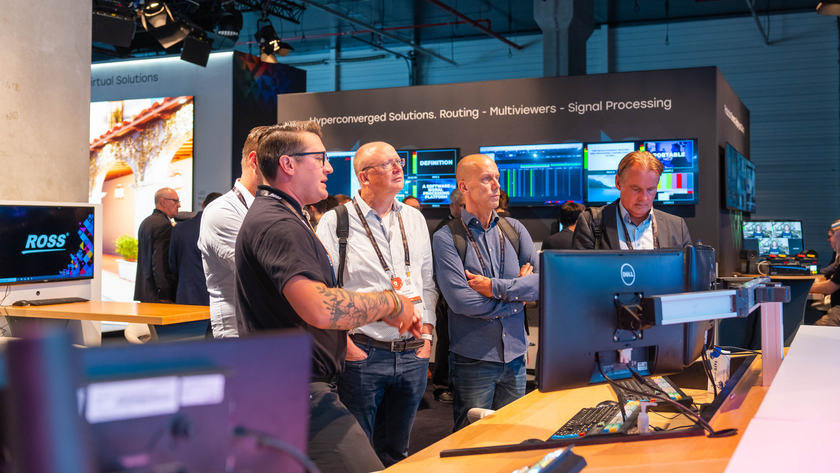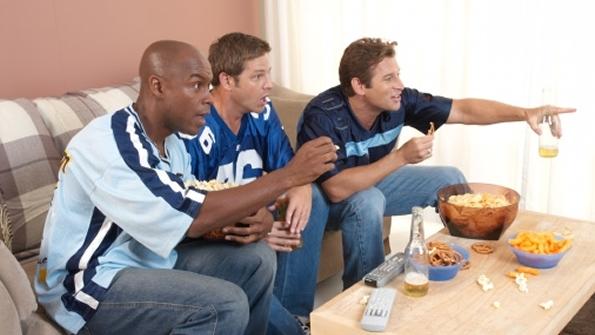The Media’s Role on Sept. 11
By the time you read this, it’ll be early November and you’ll be sick of reading about the sad events of Sept. 11. But as I write this, it’s only been a week and I’m still stuck in those events – I’m sorry, but I can’t write about anything else quite yet. So, I need you to rewind, briefly. I’m going to share with you some feelings I had that day, feelings that hopefully may have some relevance for readers of TV Technology.
On that awful day I was busy preparing to attend the Audio Engineering Society Convention in New York. After the two towers collapsed, I found myself hoping that AES would cancel the convention – I wanted no part of that awful, terrible, tragic place. (In fact, AES ended up postponing the convention, for very good logistical reasons, but not out of the kind of horror or grief I felt.)
Later on, however, during that long and appalling Tuesday afternoon, it became clear to me that it was actually quite important for us to have a convention, in New York City, as soon as possible. This should happen for all the sorts of reasons that you already know: We need to carry on and to be seen carrying on; we need to bear witness to our loss and acknowledge it; and we need to grieve, publicly, with our friends and colleagues.
TRIVIAL PURSUITS?
At the same time, in the face of the terrible magnitude of that awful array of events, I had a feeling that I’m certain many of you shared: I felt my own work was trivial. What value, what merit is there – in the face of such overbearing horror – in what I do for a living? What significance is there in my efforts to write about things like "bad audio," or in trying to develop "better loudspeakers," or in teaching people how to make "better recordings" – even to my efforts to "write music?"
These things all feel utterly unimportant, utterly insignificant, utterly irrelevant in the face of the wholesale death, destruction and desecration of human values that we have just experienced. I’m sure many of you must have had similar thoughts. Getting out a sitcom, dubbing in SFX, grinding out ADR must all have felt almost surrealistically useless and absurd that Tuesday.
But what also occurred to me, as I continued to worry about it, is that what we do – all of us in these various media industries of TV, records, music, movies, etc. – is honorable work. By honorable work, I mean work that is recognized and admired for its qualities of humanness, work that illuminates and enriches human life, work that gives us comfort and an enhanced awareness and understanding of the world we live in.
Think about it. We are honorable people, doing honorable work that has value and merit. And that is something that none of the perpetrators of this horror can ever again have. To achieve their ends, they sacrificed their honor, descending to base criminal acts that are utterly incompatible with honor and human merit.
They befouled themselves forever by their abandonment of honorable ways. Honor embraces a code of personal integrity and dignity that elicits respect and admiration from all humanity, a code that characterizes the highest qualities in humans.
We work to make things better for all, not to make things worse for some. Our work may seem trivial, but it is nonetheless honorable work of real value. By that simple fact, we stand apart and above the miserable, deficient miscreants who sought to hurt us on Sept. 11. In comparison to us, they are nothing.
WITNESS TO HISTORY
The other thought I had that day, glued as I was to the television, was how immediately visible and audible it all was – and from how many perspectives. Everybody had a video camera, it seemed, and we got to see and hear it all. Aside from the long telephoto shots from midtown network vantage points, amateur handheld shots gave us a series of views that were compelling and, at the same time, oddly comforting.
I tell you this as a survivor, not out of ghoulish fascination. You see, years ago my first wife was killed suddenly in a violent accident. I found myself needing to go to the site of her death, simply to understand what happened, to know how she really died and to accept that she was really gone. I needed to bear witness to her death, to share with her as best I could her final moments, and to say goodbye and wish her well. This is, of course, extraordinarily painful. It is also necessary.
Something like that was at work as we watched every scrap of tape showing what happened that Tuesday. By seeing it over and over from those many different perspectives, we could tell much about how it happened, as well as where and when. It will help us, finally, to say goodbye to our loved ones.
And it is important to note that it was often the most poorly shot stuff, in the technical sense, that was the most compelling and somehow "truthful" in this regard. It was the most amateurish material that was least like a movie and most like real life that hit us the most.
For instance, there was a segment that showed, on an innocently bright Tuesday morning before the first crash, a shot of a fireman standing on the street being videotaped for something unrelated to the disaster. Suddenly the camera cut away to catch an improbably low-flying airliner traveling south, which then even more improbably plows into the North Tower. A very rapid, amateurish shot zooms in on the fireball. That was no movie. That was what really happened.
Or the shot upward from the base of the South Tower, just as the second plane came into the frame and disappeared – surrealistically – into the building. What? What was that? Did you see that? What?
Finally – the footage taken by a doctor who had come to help, his videocam capturing the tragedy. The camera continued to run as he got swallowed up in the cloud of soot and debris as the North Tower suddenly collapsed on the area around him. Here was another case of some really bad audio – after the soot engulfed him and his camera, the sound was darkly muffled (I assume the mic was coated with soot – and of course the dust also would tend to dramatically muffle the sound). And finally, that dark muffled ambience – like the sound when heavy snow is falling in still air, quiet except for the keening of some bizarre high-pitched wailing looping over and over like a distant agonized banshee stuck in endless grief – was unforgettable.
Yes, it really happened. We all were there.
Thanks for listening.
© 2001 by David Moulton
Get the TV Tech Newsletter
The professional video industry's #1 source for news, trends and product and tech information. Sign up below.

